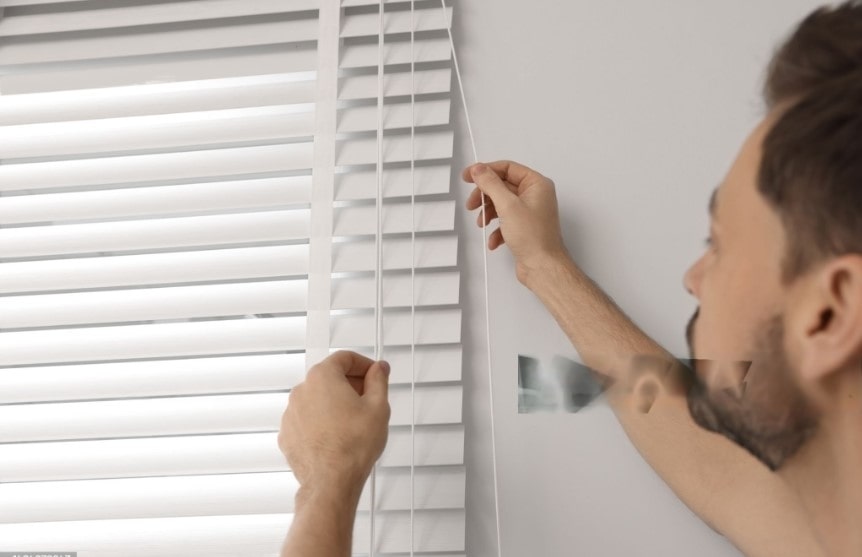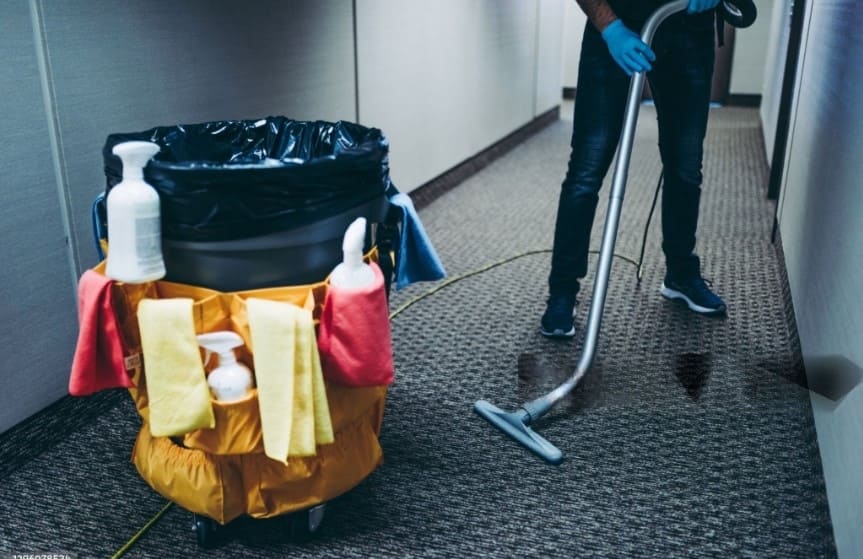In Oceanside, CA, where the prevalence of residential and commercial structures relies heavily on natural gas for heating and cooking, the integrity of gas installations is paramount. Here’s why professional intervention is not just recommended but essential for gas leak repairs.
Contents
Explosion Risk
One of the most alarming risks associated with DIY gas leak repairs is the potential for an explosion. Natural gas, primarily composed of methane, is highly flammable and can ignite from a simple spark or even static electricity. When a gas leak is not properly addressed, gas can accumulate in enclosed spaces, creating an explosive atmosphere. Amateur attempts to fix these leaks can inadvertently increase the risk of gas building up, especially if the leak is not completely sealed or if multiple leak points are overlooked.
Health Hazards
Exposure to natural gas poses significant health risks, particularly from the inhalation of carbon monoxide (CO), which is a byproduct of incomplete combustion of natural gas. Carbon monoxide is a colorless, odorless gas that can cause sudden illness and death. Symptoms of CO poisoning include headaches, dizziness, weakness, upset stomach, vomiting, chest pain, and confusion. Prolonged exposure can lead to more severe health issues, including brain damage or death. DIY repairs may not adequately address the root cause of a gas leak, leading to prolonged exposure to CO and other harmful components of natural gas.
Legal and Insurance Implications
Attempting DIY gas leak repairs in Oceanside, CA can also have serious legal and insurance ramifications. Gas installations and repairs are subject to strict local codes and regulations to ensure safety and compliance. Unauthorized repairs carried out without proper permits or by individuals who are not certified gas technicians can lead to non-compliance with these regulations. This non-compliance can not only result in hefty fines but also void home insurance policies. In the event of an accident or further damage caused by an improperly handled repair, insurance companies may deny claims, leaving homeowners with significant financial burdens. Professional gas repair technicians are licensed and familiar with all local building codes and regulations, ensuring that all repairs are up to standard and legally compliant.
Benefits of Professional Gas Leak Repair
Gas leaks pose serious risks, and handling them without adequate knowledge and tools can be dangerous. In Oceanside, CA, where the reliance on natural gas is significant, ensuring the safety and integrity of gas lines is crucial. Here are some key benefits of enlisting professionals for gas leak repairs.
Expertise and Experience
Professionals specializing in gas leak repair are equipped with extensive training and experience that allow them to handle potentially hazardous situations with precision. These experts have undergone rigorous training to understand the intricacies of various gas systems and the common issues that can lead to leaks. They possess the necessary skills to safely detect the source of a gas leak, assess the severity of the situation, and implement the most effective repair techniques. Moreover, professionals bring a wealth of hands-on experience, which is invaluable in quickly diagnosing problems and preventing further risks to safety.
Code Compliance
Adhering to local building and safety codes is not just a matter of regulatory compliance but also of ensuring the safety and legality of any repair work done on gas lines in Oceanside, CA. Professional gas repair technicians are well-versed in these local regulations and are routinely updated on any changes to the codes. By hiring professionals, homeowners and building managers can be assured that the repaired installations will pass safety inspections and not lead to legal or insurance issues in the future.
Choosing the Right Professional
Here are important factors to consider when choosing a gas repair professional:
Certifications to Look For
A reputable gas repair technician should possess specific qualifications and certifications that affirm their expertise and credibility in the field. Key certifications include:
- Certified Gas Technician (CGT): This certification indicates that the technician has received comprehensive training in handling gas equipment and leak repairs.
- HVAC Excellence Certification: While primarily for HVAC systems, this certification also covers aspects of gas heating systems, ensuring the technician understands the integration of gas lines with home heating.
- EPA 608 Certification: For technicians handling refrigerants, this certification is crucial, but it also indicates a broad understanding of systems that might integrate with gas lines, like HVAC systems.
- Local State Licensing: Many states require specific licensing for gas technicians. In California, ensure the technician has a valid contractor’s license, which also includes gas systems under its purview.
Local Recommendations
Finding trusted professionals in Oceanside can be more straightforward with the right approach:
- Check Online Reviews: Platforms like Yelp, Angie’s List, and Google Reviews provide insights from other customers’ experiences, helping to gauge the reliability and quality of local gas repair services.
- Seek Referrals: Ask family, friends, or neighbors in Oceanside who have had gas repair services done recently. Personal recommendations can often lead to finding trusted professionals who have proven their competency in similar situations.
- Local Business Directories: Utilize local business directories and the Oceanside Chamber of Commerce to find listed professionals specializing in gas leak repair.
Questions to Ask
Before hiring a technician, homeowners should ask several key questions to ensure the provider is qualified and the right fit for their needs:
- What certifications and licenses do you hold? This confirms the technician’s qualifications and legal compliance.
- Can you provide references or examples of similar past work? This helps verify their experience and the quality of their work.
- What safety measures do you implement during repairs? Understanding their approach to safety can provide peace of mind.
- Do you offer a warranty or guarantee for the work performed? Guarantees or warranties protect homeowners in case issues arise after the repair.
- Are you insured? Ensuring that the technician is insured protects homeowners from liabilities in case of accidents during the repair process.




